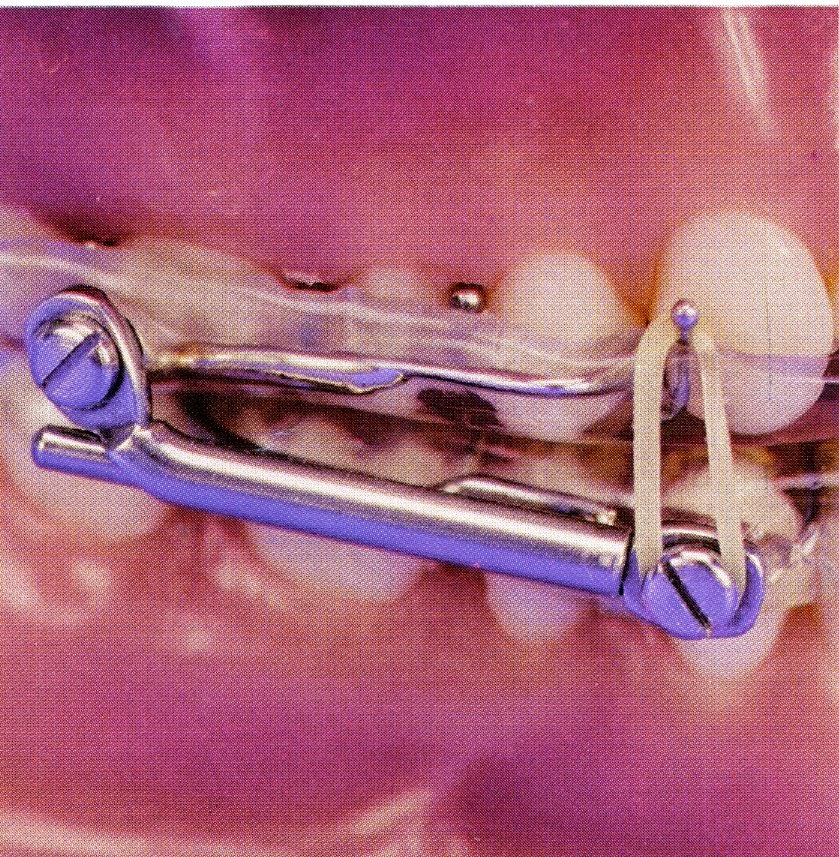Oral appliance therapy involves the selection, design, fitting, and use of a specially designed oral appliance that, when worn during sleep, maintains an open, unobstructed airway in the throat. Oral appliances that treat snoring and obstructive sleep apnea are devices worn in the mouth, similar to orthodontic retainers or sports mouthguards.
Dr. Williams is trained in oral appliance therapy and can help you determine which one is best suited for your specific dental and medical conditions. Dr. Williams will work with your physician as part of the medical team in your diagnosis, treatment, and ongoing care. Oral appliance therapy can take from several weeks to
several months to complete. After your initial phase of treatment is complete, Dr. Williams will continue to
follow you to be sure that treatment remains successful and to evaluate the response of your teeth and jaws.
Benefits of Oral Appliance Therapy:
- More Restful Sleep (for you and your partner)
- Better Oxygenation Levels
- Inexpensive & Non-Evasive (non-surgical)
- Excellent Patient Compliance (alternative to CPAP)
- Better Overall Health
If you would like to be evaluated by Dr. Brian H. Williams for Snoring/Oral Appliance Therapy, please call (480) 889-1800.







